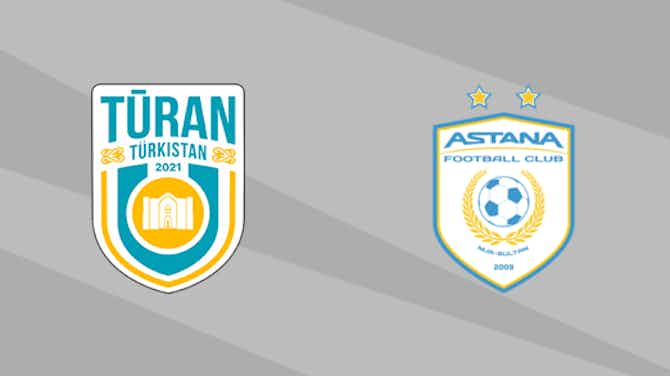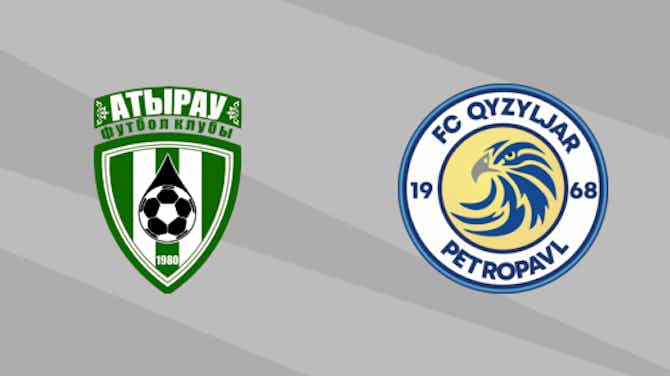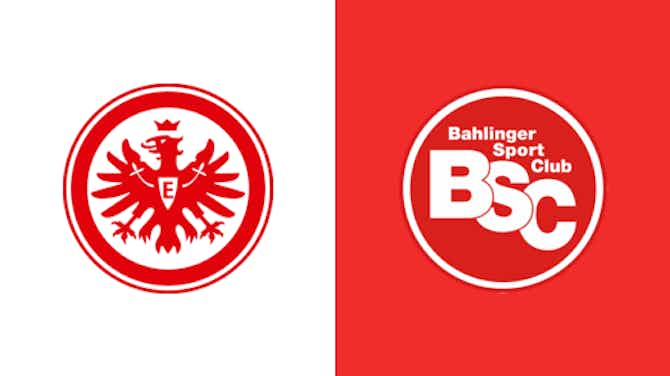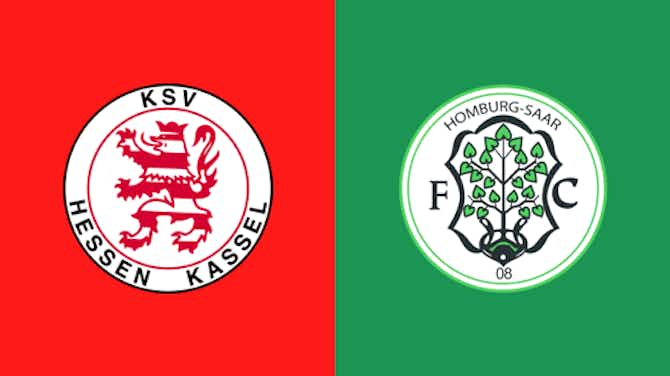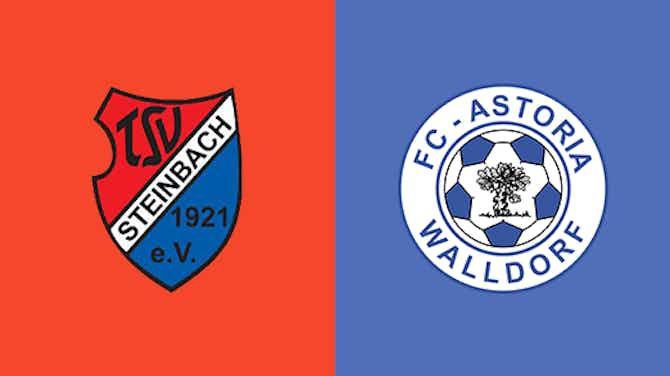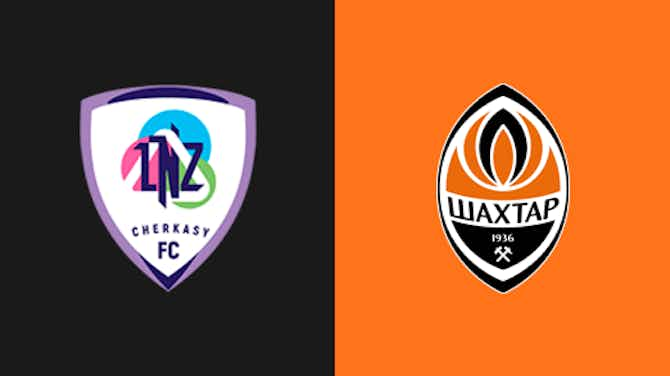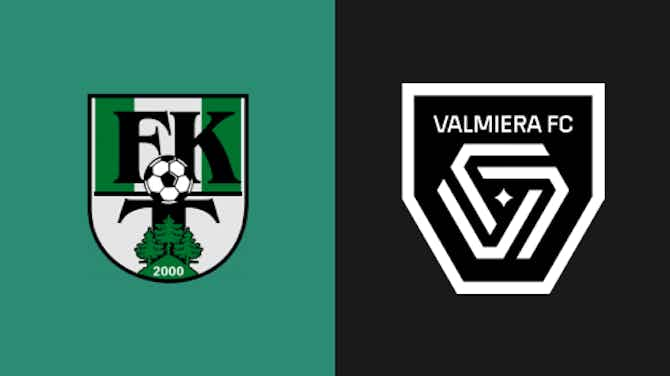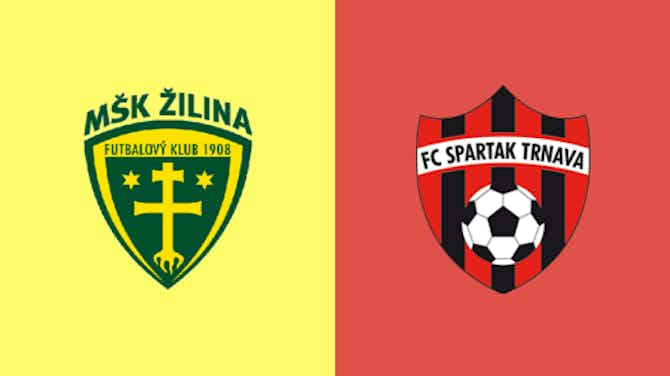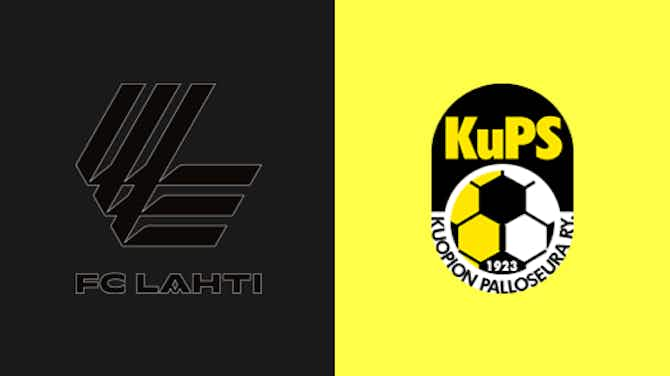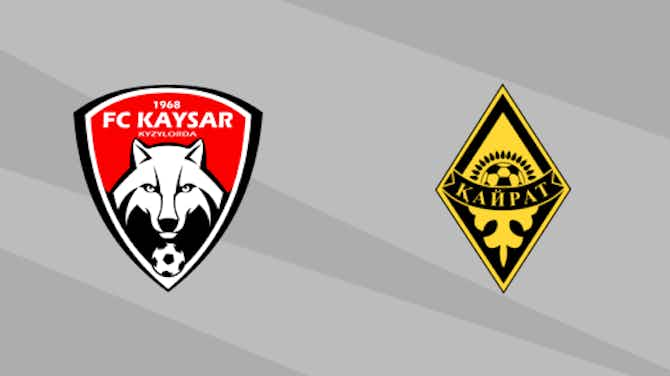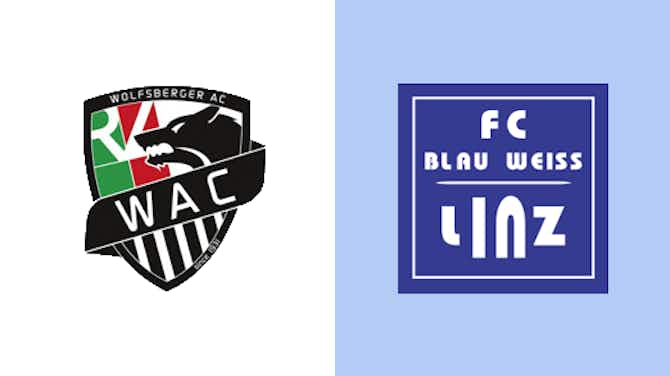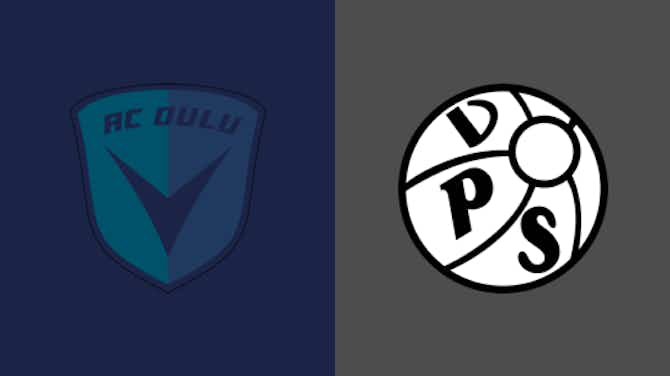The Football Faithful
·28 January 2024
Cult Classics: Five unforgettable 90s football teams

The Football Faithful
·28 January 2024

For many football fans of a certain vintage, the nineties was an unrivalled time in the history of the sport and an era that evokes nostalgia like few others.
The start of the decade saw the formations of the Premier League and the Champions League, two competitions that would snowball into sporting behemoths, the former bringing unprecedented change to English football and the latter revolutionising continental competition.
Throughout the nineties it was Italian football that largely reigned supreme as the world’s finest domestic division, their superpower clubs compiling an eclectic collection of the game’s greats, breaking the world transfer record on six occasions and being the home of six Ballon d’Or winners.
The nineties was a world of small players in oversized shirts, a pre-YouTube time when new signings genuinely brought intrigue and footballers often humiliated themselves with bizarre photoshoots.
When else would Sheffield Wednesday force their Italian strikeforce into sharing a bite of an uncooked pizza on the Hillsborough pitch, or Andy Cole inexplicably pose in a leather jacket – incorporated with Pepsi arm sponsors – whilst wielding a machine gun?
The greatest part of the decade, however, was a collection of teams that left an indelible mark on the game and we’ve decided to look at some of those remembered most fondly.
Here are five unforgettable 90s football teams:
Ajax had made their name as one of Europe’s premier clubs courtesy of a dominant run in continental competition throughout the 1970s, when a Johan Cruyff-inspired side lifted three European Cups in succession.
It would be more than two decades before Ajax next scaled those heights, with their side of the mid-nineties amongst the most iconic in the club’s history, a team boasting both talent and irresistible youthful exuberance.
A youthful and largely home-grown side had won the Dutch title during the 1993/94 season, but it would be the following year that proved the peak of a side that lives long in the memory.
Ajax were once more crowned as Eredivisie champions, though this time it was following an unbeaten league season that saw Louis van Gaal’s emerging outfit score over a century of goals in addition to making their mark in Europe.
Their Champions League campaign saw holders Milan beaten home and away in the group stage before navigating past Hajduk Split and Bayern Munich in convincing fashion to reach the final, Milan once more the opposition after bouncing back to make the Vienna showpiece.
A tight final was fittingly settled by a teenage Patrick Kluivert who prodded a late winner past Sebastiano Rossi to crown Ajax champions of Europe once more, the 18-year-old becoming the youngest goalscorer in Champions League final history.
It was a side that would sadly not last much longer despite reaching the following year’s final, their finest talent cherry-picked by the financial elite of Europe, the likes of Clarence Seedorf, Marc Overmars, the De Boer twins, Edgar Davids, Kluivert and Kanu all moving on in the coming seasons.
For a club that has long prided itself on nurturing talents, the 1994/95 side was close to idealistic perfection.
More than two decades on from their heyday as the Premier League’s ‘Great Entertainers’, Kevin Keegan’s Newcastle are still a side much loved by the game’s neutrals.
Newcastle were a free-scoring and swashbuckling side that briefly threatened the stranglehold Manchester United had over the newly-formed Premier League, a side which certainly lived by the mantra that attack is the best form of defence.
After earning promotion on the back of Andy Cole’s prolific goals, the forward departed for their chief competitors with a move to Old Trafford and a new side was constructed, the likes of Les Ferdinand and David Ginola arriving at St James’ Park and bringing the fun factor to the North East.
Their 1995/96 vintage will live long in the memory for a sensational start to the season and the blowing of a 12-point advantage at the top, their inexplicable implosion only seemingly adding to their appeal as endearing nearly men.
Their 4-3 defeats at Liverpool in successive seasons are etched into Premier League folklore, as is a 5-0 thrashing of Manchester United that was perhaps the highlight of their spell as challengers.
Keegan’s rant, that Albert chip, and the gorgeous Ginola weaving his magic, it was a spellbinding if semi-tragic period for Newcastle and their long-suffering supporters, the world-record signing of hometown hero Alan Shearer only leading to a second successive runners-up finish the following season before a sharp decline.
They may have won precisely nothing, but nineties Newcastle remain a neutral’s favourite.
If the teams on this list evoke fond memories of the era, then Parma is a club that reeks of nineties nostalgia in what proved the most storied decade in the club’s history.
Parma could almost have multiple entries on this list following the team that won the UEFA Cup and Cup Winners’ Cup at the start of the decade, a team containing future Premier League favourites in Faustino Asprilla and Gianfranco Zola.
We’ve opted, however, for the side remodelled by Carlo Ancelotti in the mid-nineties and later guided to success by Alberto Malesani, winning a second UEFA Cup in 1999 after thrashing Marseille in Russia’s Luzhniki Stadium.
They never quite managed to scale the heights of a Scudetto with a runners-up finish as close as they came, but it was a side which compiled the greatest bits of Italian football at that time and crammed them into one XI, a young Gianluigi Buffon keeping goal behind a defence including both Fabio Cannavaro and Lilian Thuram.
Juan Sebastien Veron brought a touch of suave South American skill in an era in which traditional number 10s were both idolised and important, pulling the strings behind a formidable forward line of Hernan Crespo and Enrico Chiesa.
Almost any side with a peak Ronaldo amongst their ranks is a worthy contender for this feature, such was the Brazilian’s brilliance throughout a period where he reigned as the world’s most exciting talent.
The forward became the world’s most expensive footballer for a second time in 1997 when signing for Inter Milan following a sensational season in the colours of Barcelona, O Fenômeno simply frightening during a scintillating debut season in Italian football in a cult Inter side.
He scored 34 goals in all competitions to help Luigi Simoni’s side to a runners-up finish and UEFA Cup success, defeating Serie A rivals Lazio in the final as Italian football showcased its power on the European stage once more.
Ronaldo was the undoubted star but it was a side packed full of era-defining talents, the grit and graft of Argentines Javier Zanetti and Diego Simeone mixed with the silky skills of talents such as Youri Djorkaeff and a young Alvaro Recoba.
Throw in former Chile forward Ivan Zamorano and his wonderfully inventive 1+8 shirt and it’s a perfect recipe for nineties delight.
The Eastern European upstarts who ruffled feathers amongst their wealthy Western counterparts, Dynamo Kyiv caused quite a stir in the Champions League during the late nineties.
The side had adapted to life in the newly-formed Ukrainian league after the break up of the Soviet Union and swiftly made their mark on continental competition, their late nineties Champions League campaigns proving unforgettable.
Fired by a strike partnership of a youthful Andriy Shevchenko and Serhiy Rebrov, Dynamo announced themselves on the European stage by thrashing Barcelona home and away during the 1997/98 season, Shevchenko memorably scoring a hat-trick in a famous 4-0 win at the Camp Nou.
That season saw the side reach the last eight, before going one better the following year after initially topping a group containing Arsene Wenger’s double-winning Arsenal side.
They stunned Real Madrid in the quarter-finals to reach the last four, though their run was ended following a closely fought two-legged semi-final with Bayern Munich, despite Shevchenko finishing as the joint-leading scorer in the tournament.
From under the radar to giant killers on club football’s biggest stage, the late nineties Dynamo were a breath of fresh air to the traditional elite.
Read Also – Five of best Serie A number 10’s of the 90s






